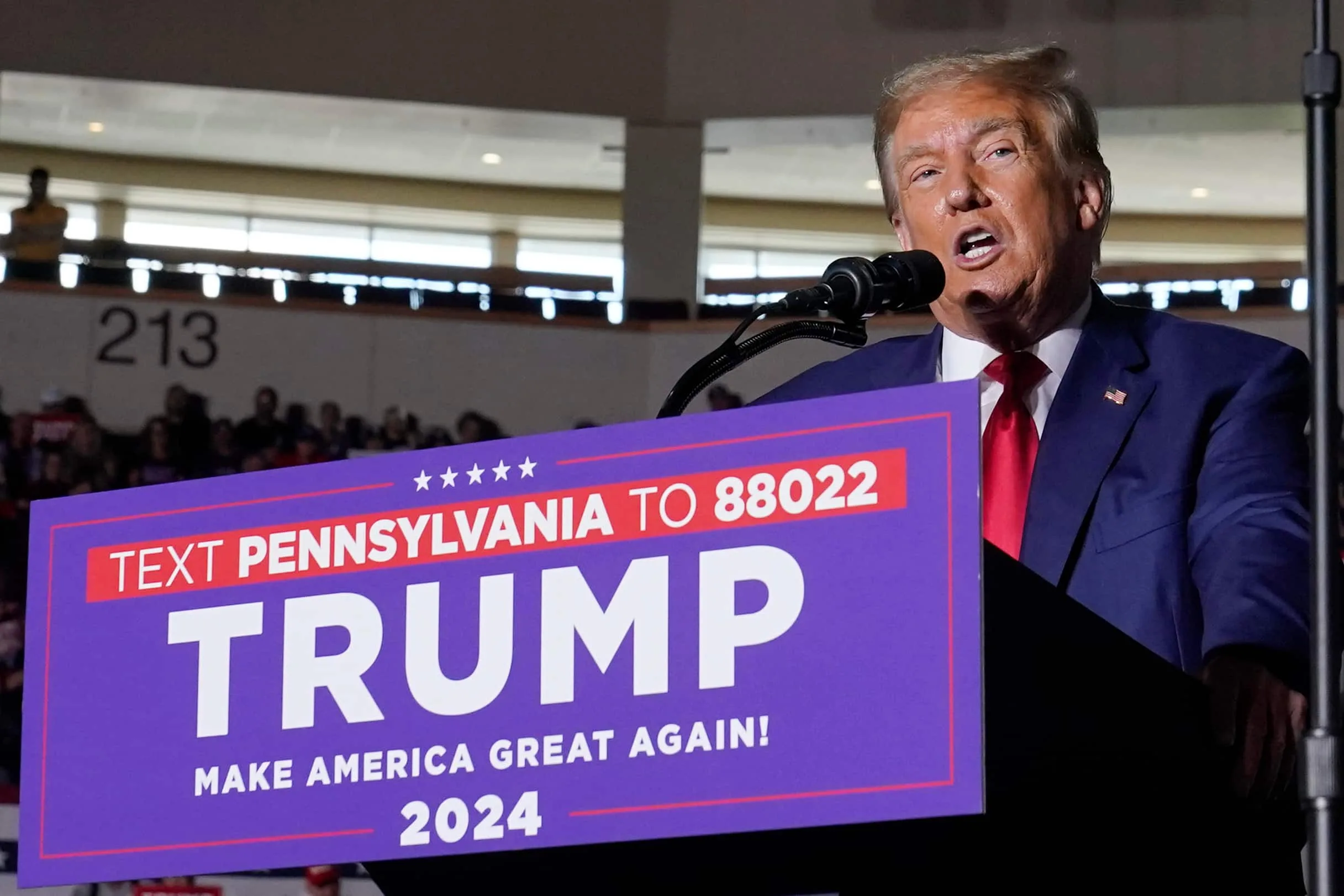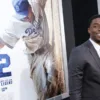Donald Trump’s detractors and defenders might not agree on much, but they can agree on one thing regarding one of the most momentous criminal cases in U.S. history.
This could easily go to the Supreme Court.
“Of course it will,” said Bennett Gershman, a former New York prosecutor and current law professor at Pace University in New York.
“There’s no doubt … It’s inevitable if there’s a conviction.”
The landmark case against Trump over the Jan. 6, 2021, attack on the U.S. Capitol is rock solid, he told CBC News.
Over on Fox News, legal scholars Alan Dershowitz and Jonathan Turley countered that the indictment is full of holes, yet agree a Trump conviction would ultimately be decided by the high court.
The defendant, the 45th president of the United States, pleaded not guilty on charges he plotted to overturn the 2020 election, and appears poised to fight the charges on multiple grounds. Here are three claims he could make:
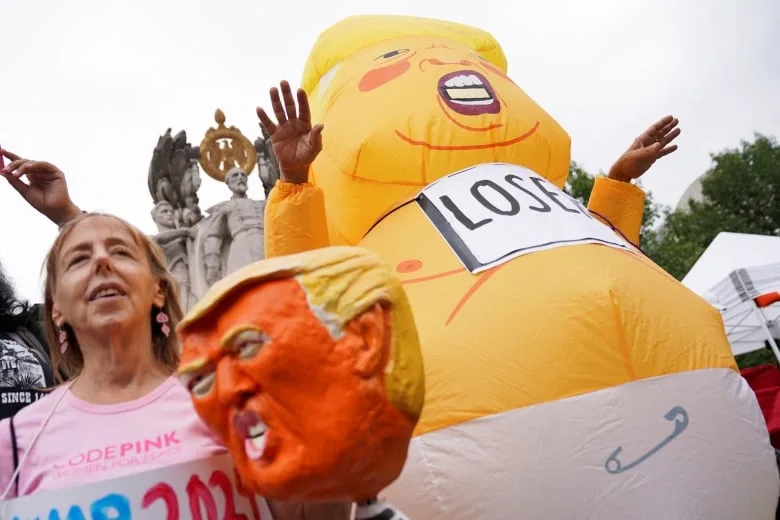
1. The prosecution stretched the definition of certain crimes
Trump is charged with three fraud-related crimes (conspiracy to defraud the U.S. and a pair related to obstructing official government business) and a fourth involving civil-rights abuses (conspiracy against rights).
A former federal prosecutor says the case relies on broad definitions of fraud and of civil-rights abuses.
“The case requires a stretching of the laws,” said Joseph Moreno.
“I think prosecutors had to be kind of creative here because, not surprisingly, there are no laws designed to address this kind of scenario because this kind of scenario is really unprecedented.”
He said the strictest interpretation of fraud implies financial theft. And criminal courts, he says, don’t typically respond well when laws are applied broadly.
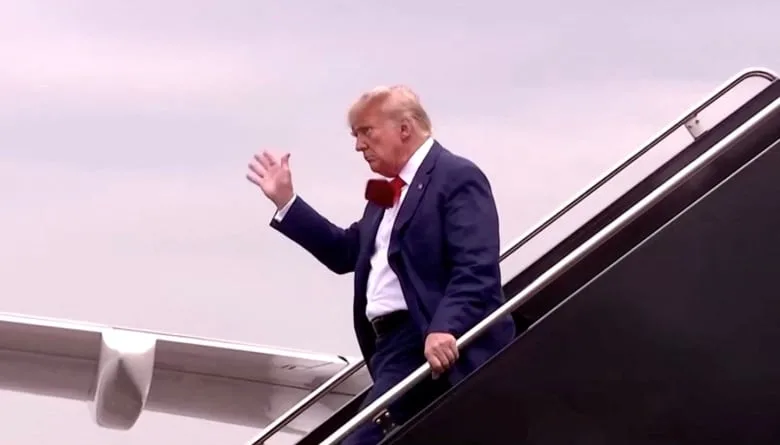
As for the civil-rights charge, the law in question was designed to fight the Ku Klux Klan after the Civil War — to punish white terrorist mobs that injured, oppressed and intimidated African Americans out of voting so that the South could enact Jim Crow laws.
“It’s never been tested,” in a case like this, said Moreno, but “it might work.”
Over two months ago, another former prosecutor, now a conservative legal analyst, correctly predicted three of the four charges.
He also predicted they wouldn’t stick.
Andrew McCarthy wrote that Trump’s behaviour before Jan. 6 was impeachable and morally repugnant.
But he said such charges rest on an understanding of fraud that’s opposite to the direction the federal courts, including the Supreme Court, are moving.
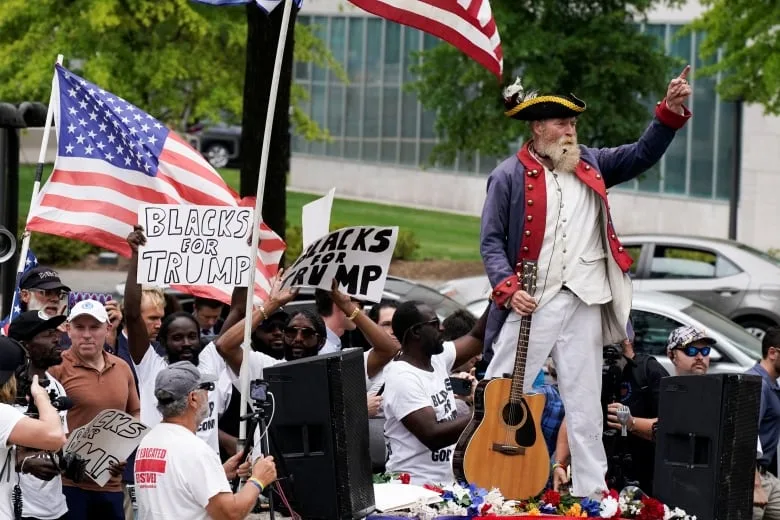
In a number of recent cases, courts have dialed back what counts as fraud, closer to what McCarthy calls its original meaning: the clear theft of a tangible asset.
Recently the Supreme Court tossed out convictions over this, against two aides to former New York governor Andrew Cuomo.
As for the KKK law, McCarthy wrote separately he finds it hard to believe the current Supreme Court would deem it applicable to Trump’s acts — especially as they occurred after an election.
Gershman agrees the indictment breaks new ground. But in his view, it’s solid.
The case describes deceptive tactics Trump took even after being told he was lying — in order to seat an alternative electoral college.
“That’s the definition of fraud! You’re trying to sell a product that is deficient,” Gershman said. “You’re defrauding the American people of an election.”
2. Trump was exercising free speech
This is the most-repeated claim of the former president’s legal team.� In the view of one Trump lawyer, all Trump did was contest, in court, and through the legal process, an election he deemed unfair; he never explicitly urged violence and told his supporters to head to the Capitol “peacefully.”
The reaction from Trump’s former attorney general, Bill Barr? Hogwash.
He notes the indictment starts by explicitly acknowledging that every American has the right to complain, and even lie, about elections.
But “free speech doesn’t give you the right to engage in a fraudulent conspiracy,” Barr told CNN. “I really don’t think that’s a valid argument.”
The indictment says Trump did much more than complain.
It says he pressured the Justice Department to lie to state governments and approved a letter containing a claim he knew to be false: that the department had found fraud and wanted alternate electors seated.
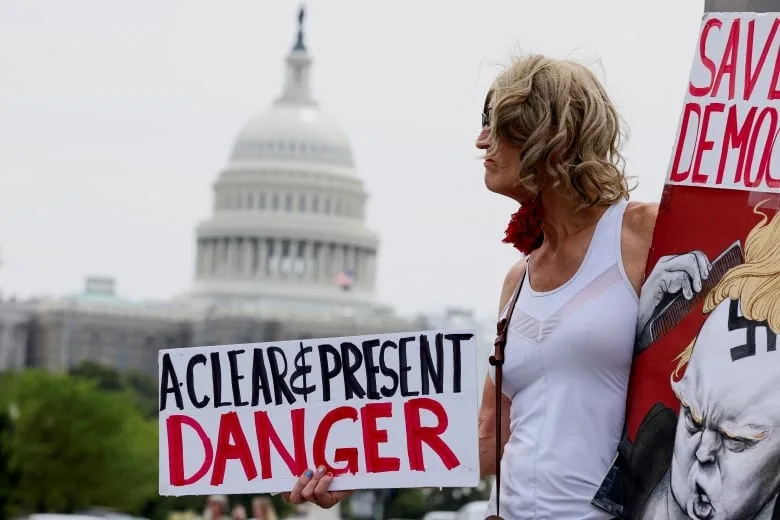
When the acting attorney general pushed back, Trump allegedly replied: “Just say that the election was corrupt. And leave the rest to me and the Republican congressmen.”
Again, Trump didn’t just express an opinion in his phone call with Georgia’s secretary of state, or simply lie.
He threatened him with prosecution, says the indictment, if he failed to “find” the election fraud he demanded: “That’s a criminal offence,” Trump told Georgia’s Brad Raffensperger. “That’s a big risk to you.”
Prosecutors say Trump also repeatedly filed false claims in court about voting machines, despite knowing they were false.
On Fox News, Dershowitz, pushed back on Barr: “I think he’s just dead wrong about that. Of course, this is a free speech case,” he said.
“Everything involves his exercise of free speech.”
3. Trump really believed what he was saying
This brings us to one of the most fascinating parcels of real estate in American politics: inside the mind of Donald Trump.
The case will inevitably raise one oft-repeated question: Did Trump truly believe he won and was pushing, in his mind, a righteous cause? Or was he knowingly attempting to disenfranchise nearly 81.3 million people who voted against him?
Let’s ask Mike Pence.
An instrumental player in the case, the former vice-president shared his notes with prosecutors.
Again and again, Pence told reporters this week, the president brushed aside reasoned advice from every top legal expert — in the Republican Party, the White House, government agencies and state governments.
Trump found people who provided what he wanted: affirmation that he was, indeed, a winner.
Chuck Rosenberg, a former U.S. attorney, breaks down the potential defences former president Donald Trump might make as he faces charges linked to the Jan. 6 insurrection.
“The president was surrounded by a group of crackpot lawyers,” Pence said.
“[Lawyers] who kept telling him what his itching ears wanted to hear.”
The indictment includes a few potentially damning snippets of quotes where Trump sounds like he actually knows he’s pushing a lie.
But there’s a mountain of evidence to the contrary — an encyclopedic volume of quotes where Trump, in private and in public, single-mindedly insisted he had really won the election.
Trump’s lawyer, John Lauro, speaking on Fox News, alluded to this challenge for the prosecution: Good luck proving to the jury — beyond a reasonable doubt — that Trump truly believes he really lost the election.
“It’s a high bar,” Barr acknowledged on CNN.
Barr made one cryptic remark that the prosecution has much more evidence, but would not answer when asked whether he had personally provided any.
The 45-page indictment includes a few references to emails and comments when Trump seems to admit his claims were false.
In one conversation with the military, on Jan. 3, he said he’d leave a particular issue for president-elect Joe Biden to deal with.
Prosecutors say he also kept filing court claims referring to fraudulent vote machines despite having questioned the sanity of the unindicted co-conspirator behind the theory.
Gershman’s take: None of this matters. Whether Trump believed the justness of his cause is, in his view, a red herring.
“That’s all nonsense,” he said, suggesting anybody who commits political crimes is convinced they’re acting for a just cause.
Gershman says, for a conspiracy charge to stick, all it takes is evidence Trump engaged in acts with other people to further an illegal objective.
“It’s the toughest charge to beat,” he said. “I don’t see any defects [in this case]. … It looks to me to be extremely solid.”


